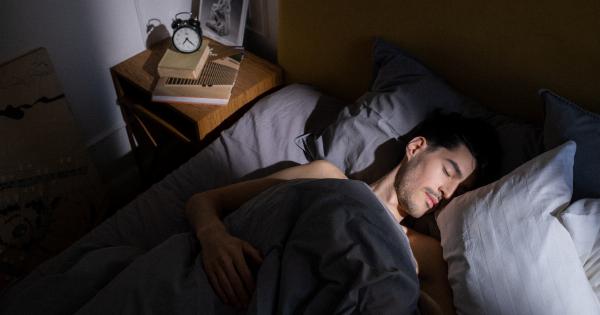Meningitis B is a bacterial infection that can cause severe illness and even death if left untreated. The infection can affect anyone, but children and teenagers are particularly susceptible.
This article will discuss what meningitis B is, how to spot the symptoms, and most importantly, how to protect your kids and teens from this dangerous infection.
What is meningitis B?
Meningitis B is a bacterial infection caused by the bacterium Neisseria meningitidis. The infection can cause inflammation of the lining of the brain and spinal cord, which can lead to a number of neurological symptoms.
The infection can be spread through close contact with an infected individual, such as through coughing, sneezing, or sharing utensils.
Meningitis B is particularly concerning because it can progress rapidly and cause serious illness or even death. The infection is most common in infants, young children, and teenagers, but anyone can be affected.
Symptoms of meningitis B
The symptoms of meningitis B can present differently in every individual, but common symptoms include high fever, headache, neck pain or stiffness, nausea or vomiting, sensitivity to light, and a rash that does not disappear when pressed with a glass or finger.
In young children, the symptoms may be more difficult to detect. They may present as irritability, difficulty waking up, or refusing to eat.
It’s important to seek medical attention immediately if you suspect your child or teen may have meningitis B.
Preventing meningitis B
Preventing meningitis B is crucial, especially for children and teenagers who are more susceptible to the infection. There is a vaccine available for meningitis B, which is recommended for all infants and adolescents.
The vaccine is given in two or three doses depending on the age of the individual.
In addition to vaccination, there are other steps you can take to protect your child or teen from meningitis B:.
- Encourage good hygiene practices, such as frequent hand washing and covering the mouth and nose when coughing or sneezing.
- Avoid close contact with anyone who is sick.
- Avoid sharing drinking glasses, utensils, or other personal items.
What to do if you suspect meningitis B
If you suspect your child or teen may have meningitis B, it’s important to seek medical attention immediately. This infection can progress rapidly and cause serious illness or even death if left untreated.
Your healthcare provider will likely perform a physical exam and order diagnostic tests, such as a blood test, a lumbar puncture, or a CT scan. Treatment may include antibiotics, antiviral medications, and supportive care to manage symptoms.
Conclusion
Meningitis B is a serious bacterial infection that can cause severe illness and even death if left untreated. Children and teenagers are particularly susceptible to the infection, but anyone can be affected.
To protect your child or teen from meningitis B, it’s important to encourage good hygiene practices, avoid close contact with sick individuals, and ensure they receive the recommended vaccination.































